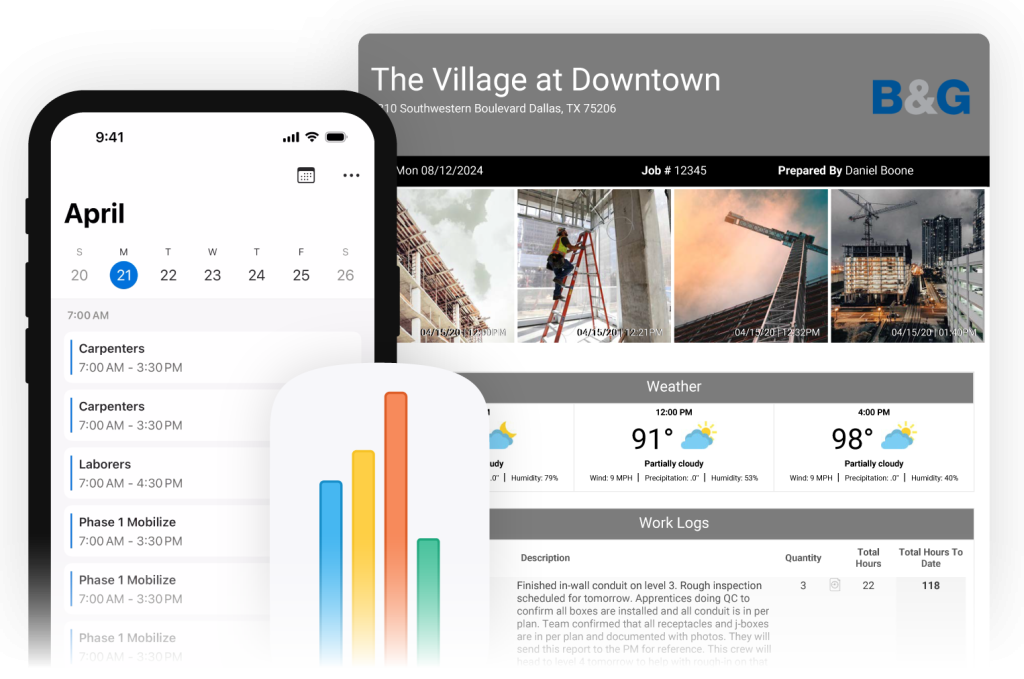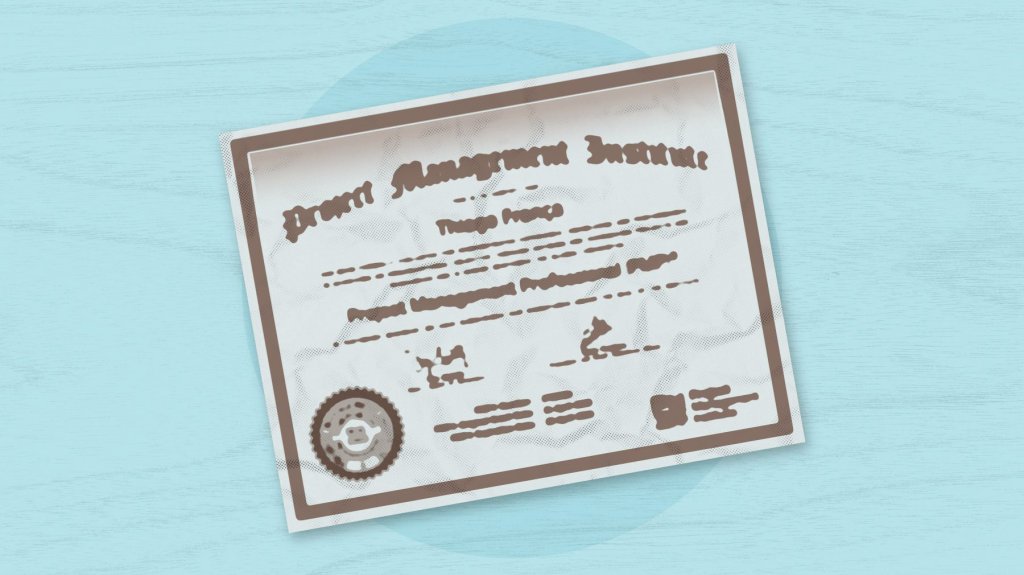Getting your PMP certification proves you have the skills you need to succeed as a project manager in the construction industry. But is it really necessary?
Learn about the pros and cons of taking the PMP certification exam.
What is PMP certification?
Project management professional (PMP) certification is an official credential awarded by the Project Management Institute (PMI). It is a merit recognized by employers across many diverse industries, including construction, on a global basis.
You can achieve PMP certification by passing a 180-question exam designed to demonstrate a deep understanding of core project management principles and best practices.
Who is PMP certification for?
PMP certification is for members of the workforce who already have some professional experience in project management. PMI separates PMP certification requirements into 3 categories based on your level of education.
No matter which category you fit in, you’ll also need at least 35 hours of applicable project management education or training.
What are the benefits of PMP certification?
The main benefits of PMP certification are:
Proven foundational knowledge
Potential new skills
Faster career growth
Effective project management requires specialized knowledge and experience, especially in the construction industry. From purchasing and scheduling decisions to day-to-day progress monitoring, keeping work on track can quickly become overwhelming without the right skillset.
PMP certification proves you have the strong foundation needed to successfully lead projects from the initial stages through completion. During your training and study period, you may also be introduced to different management styles, new strategies, or more efficient ways to apply them.
Finally, becoming a certified project management professional often leads to higher pay and greater career growth opportunities. Certification can be used as leverage to take on new roles and responsibilities at your current company or help you stand out to prospective employers.
Who doesn’t need PMP certification?
Much of what you learn during the PMP certification process can also be acquired through hands-on experience. While the benefits of certification are clear, if you are already an established construction professional with a proven track record of success, you most likely don’t need PMP certification to obtain or excel in a project management role.
Some employers do require or strongly encourage PMP certification (and often additional educational credentials) for project management positions, but not every business follows the same guidelines. There are still roles available at the right company for candidates who have equivalent experience on the job.
How to get your PMP certification
You can apply to take the PMP certification exam online at any time through PMI’s website. You’ll provide your information, pay the exam fee, and schedule your exam once you are approved. If necessary, PMI may contact you to verify your credentials.
To meet your 35-hour training requirements, prior to applying for the exam, you can enroll in courses directly through PMI or through a third party provider. There are many options available both online and in person that fit a variety of schedules and budgets.
When you enroll in a third party PMP certification course, your educator will often walk you through the application process and hold mock exams as part of your curriculum.
PMP certification courses
These PMP certification courses are currently available online:
Grow your project management skillset with Raken

Raken’s easy-to-use app for construction project managers helps you stay organized from the field or in the office. Gain clear visibility and keep all your essential documentation in the same place.
No more missed dailies
We make it fast and easy for your field crews to capture daily progress updates on mobile and share them with you in real-time. Get work logs, photos, safety and quality data, and more, straight from the jobsite, without having to chase down your foremen.
Then, publish it all in a clean, professional report that can be shared with stakeholders with a click.
Easy shift scheduling
Whether you’re onsite, in the office, or on the go, get a calendar view of your projects’ schedules with Raken. Easily schedule one-off or recurring shifts, automatically notify employees, and manage available skilled labor at a glance.
Automated resource management
Just like daily reports, your crews can use Raken to quickly and accurately track time, materials, and equipment use, while you get a bird-eye view of progress with automated insights and activity dashboards.
Our time-saving tools are a project manager’s best asset.
